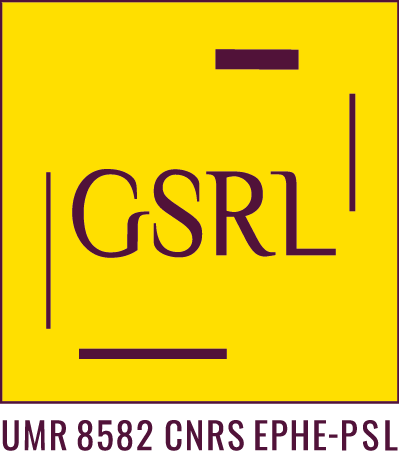
Juliette Faure a reçu le prix Michael Freeden 2022, récompensant le meilleur article publié au cours de l’année 2021 dans le Journal of Political Ideologies, revue universitaire triennale à comité de lecture couvrant l’analyse des idéologies politiques. Son article est intitulé “A Russian Version of Reactionary Modernism : Aleksandr Prokhanov’s ‘Spiritualization of Technology'” (Journale of Political Ideologies, vol. 26/3, 2021, pp. 356-379).
Elle prépare également une thèse sous la direction de Phillipe Portier et Kathy Rousselet sur le thème du “conservatisme modernisateur russe (1970-2020) : sociologie politique des recompositions de l’idéologie en modernité tardive”.
Résumé de l’article :
“In the 1970s, the Soviet journalist and writer Aleksandr Prokhanov (born 1938) sought to initiate a new literary aesthetic based on a syncretic vision of technology and spirituality. While he represented an isolated position in conservative circles during the Soviet Union, his enthusiasm for technological modernity is now commonplace among contemporary Russian conservatives. Prokhanov has managed to evolve from the position of a fringe ideologue at the margins of the public sphere in the 1990s to a public figure whose ideas are circulated on state mass media and co-opted by political authorities since the late 2000s. This article studies the formation and circulation of Prokhanov’s reactionary modernism across the transition from the Soviet Union to post-Soviet Russia. It claims that Prokhanov’s hybrid ideology stems from his dual commitment to an anticonformist intellectual background and a loyalist state patriotism. It argues that, on top of his ability to popularize extremist ideas through their literary aestheticization, Prokhanov has successfully developed the resources of an ideological entrepreneur with leadership capacity and charismatic authority among anti-liberal milieus. In the 2000s, his discourse gained legitimacy, strategic utility and public visibility when these capacities matched a shift in the cultural and political contexts brought about by Vladimir Putin’s presidency.”
(source : https://www.sciencespo.fr/ecole-doctorale/fr/actualites/juliette-faure.html)



